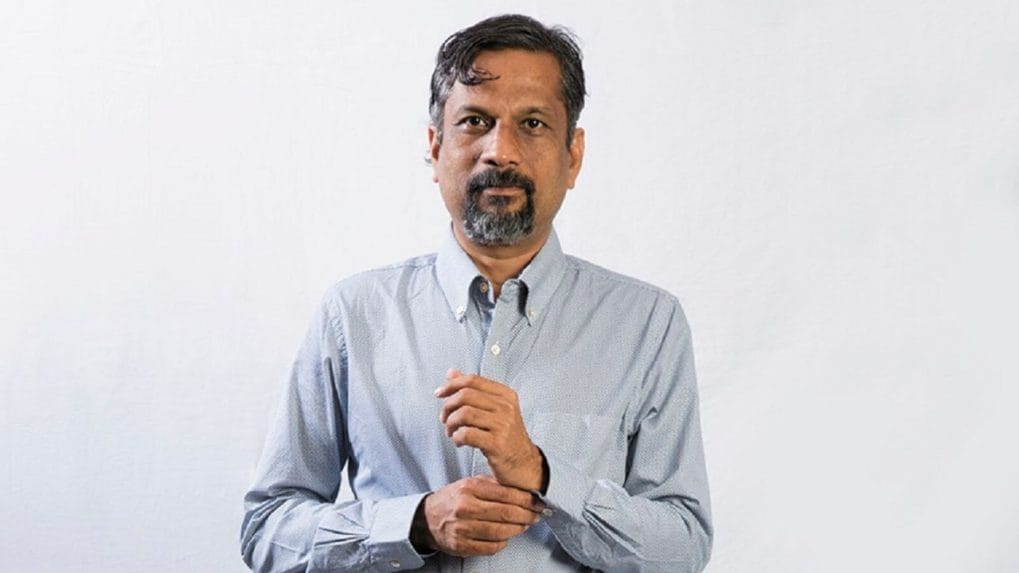Advertising
From Pink Slips to Silent Sidelining: Inside adland’s layoff and anxiety crisis

Sridhar Vembu, co-founder and chief scientist of Zoho Corporation, has renewed his call for India to pivot from valuation-centric business thinking to a production-first, jobs-focused economy—this time drawing a sharper contrast between China’s industrial rise and India’s corporate mindset.
In a recent post on X, Vembu argued that India must stop emulating American business ideologies and instead learn from China’s transformation into a high-tech industrial superpower. “We in India must study China like a diligent student,” he wrote, warning that the country’s obsession with short-term valuation and consumption risks stalling real economic progress.
The miracle of China's transformation from the "cheap labor, cheap goods" label to world-leading tech-driven industrial prowess is dawning on America's elite.
— Sridhar Vembu (@svembu) July 17, 2025
We in India must study China like a diligent student. Unfortunately the ideas that dominate the Indian corporate world… https://t.co/C9pR1MN79L pic.twitter.com/WiM6JE21KZ
Vembu was critical of the dominant influence of American business schools—both abroad and in India. He blamed them for spreading what he termed “spurious doctrines” like shareholder value maximization, which, according to him, contributed to the decline of U.S. industrial strength. “The Chinese (like the Japanese before them) had no fascination with American business schools,” he noted, pointing to their long-term focus on building productive capacity rather than catering to financial markets.
He also took aim at developmental narratives that encourage large companies to target the poorest consumers, dismissing ideas such as “wealth at the bottom of the pyramid” as intellectually flawed. “The only wealth at the bottom of the pyramid comes from transforming the poorest people into producers, not consumers,” he said. Vembu highlighted rural financial inclusion efforts as an example where the push for credit often ends up deepening debt without generating meaningful employment.
“What our poor citizens need is the opportunity for productive work—jobs, jobs, jobs. Consumption only after production,” Vembu wrote, emphasizing that India must reverse the current model that prioritizes expenditure before income.
The post reinforces Vembu’s consistent advocacy for building “$100 billion revenue” tech companies, homegrown industrial champions that focus on sustainable growth rather than chasing inflated valuations. “Revenue, not valuation, should be the metric that defines success,” he asserted in a similar post last November.
Read More: Airports have become high-impact brand discovery zones: Praveen Someshwar, MD and CEO Diageo India
Read More: Who is Diageo's interim CEO Nik Jhangiani?
From purpose-driven work and narrative-rich brand films to AI-enabled ideas and creator-led collaborations, the awards reflect the full spectrum of modern creativity.
Read MoreLooking ahead to the close of 2025 and into 2026, Sorrell sees technology platforms as the clear winners. He described them as “nation states in their own right”, with market capitalisations that exceed the GDPs of many countries.